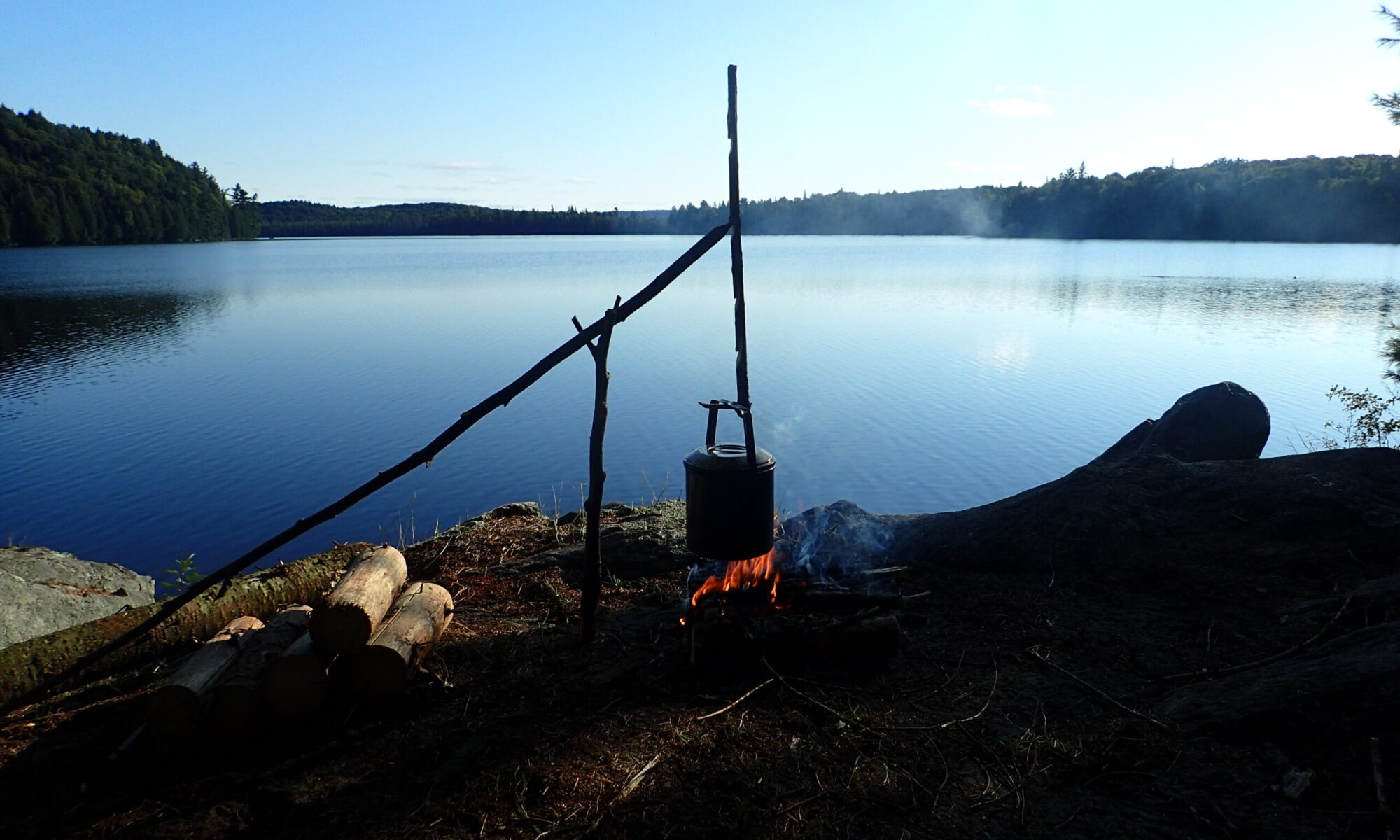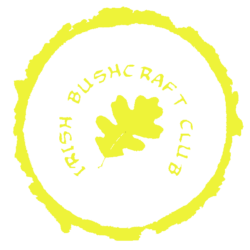We’re very lucky in our club. Aswell as experience in the outdoors we also have people who are medically trained and operating in pre-hospital environments. When it comes to any outdoor activity, having basic first aid should be high on someones priority list. We spend lots of money on fancy kit but often investment in skills can be overlooked. The cost of a basic first aid course is probably a lot less than a custom knife or another stove and they are skills that could save a life. I’ve been on different foreign bushcraft trips and never had to rely on “bushcraft” skills in a serious emergency. However I’ve seen several medical incidents over the years including some hospital visits with some people from the group.
One of the best medical courses I had the pleasure of doing was in March of this year before Covid kicked off properly in Ireland. WEMSI are a company that specialise in wilderness emergency medicine. The CV of their faculty is extremely impressive between ED Doctors, ED Nurses, Army medics, Coast Guard winchoperators/Paramedics, Mountain Rescue Advanced Paramedics among others. WEMSI offer several courses between Wilderness First Responder, Wilderness EMT and Wilderness Practitioner.
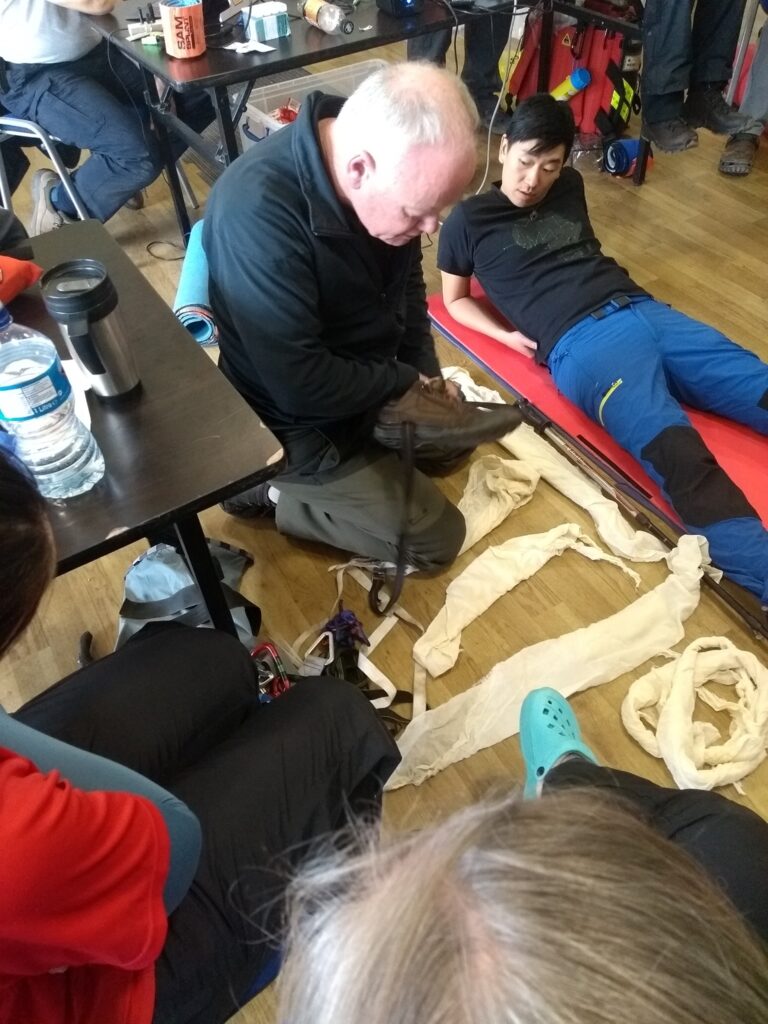
The WEMSI EMT is a 7 day intensive program for practitioners at EMT level or above. They also take people who have REC qualifications or other certificates on the course but a bit of live experience treating people would make the course more meaningful. The course goes deep into lots of subjects and is reasonably intense from a learning perspective. You are up and moving from 7am and don’t finish until 11pm every evening with 30 minute a break at lunch and dinner with 2 coffee breaks during the day. When you have finished lectures for the day you kick into 4 hours of scenarios dealing with all manners of incidents. So you will be tired and possibly get pissed off but that’s a good thing. Welcome to the pressure cooker, hold on tight.
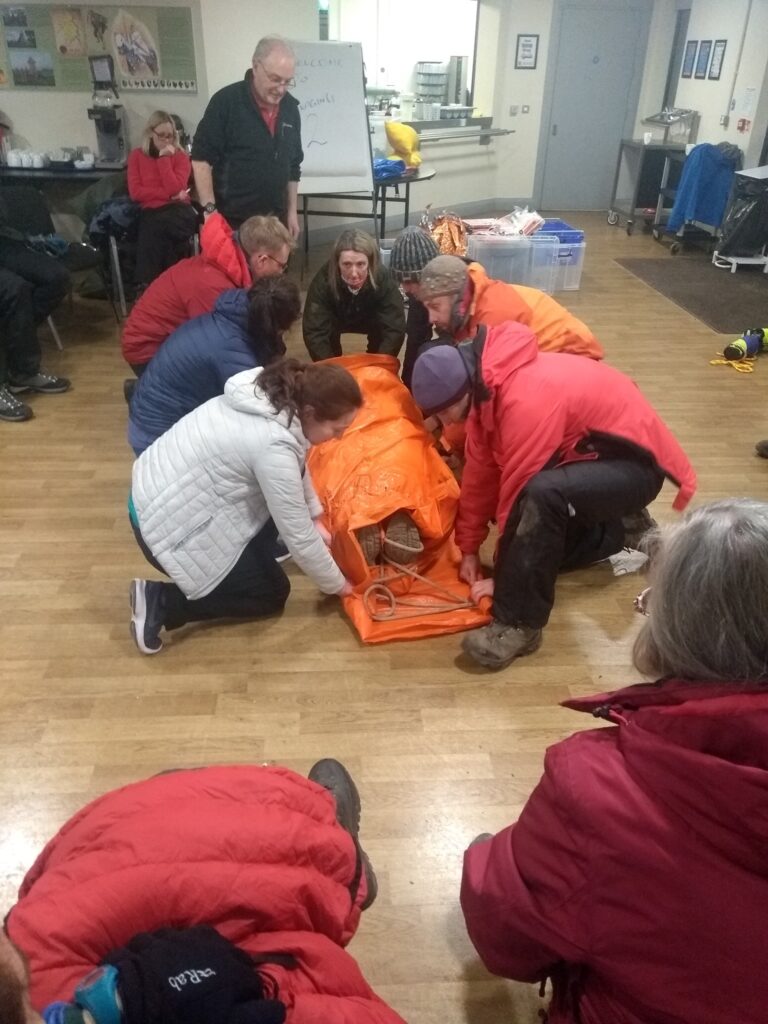
The course is not for the faint of heart and the fatigue effects some people more than others. However it’s important to stay focused and keep your emotions in check as the scenarios can be quite intensive and put a lot of pressure on your team which are together for the week. The course is designed solely for dealing with wilderness or austere environments and highly relevant to bushcraft/survival. There is a lot of medical terminology and techniques which are thrown at students as you share the classroom with very competent people. There will be doctors, EMTs, paramedics and army as students. So you often learn a lot off your fellow teammates during the scenarios.
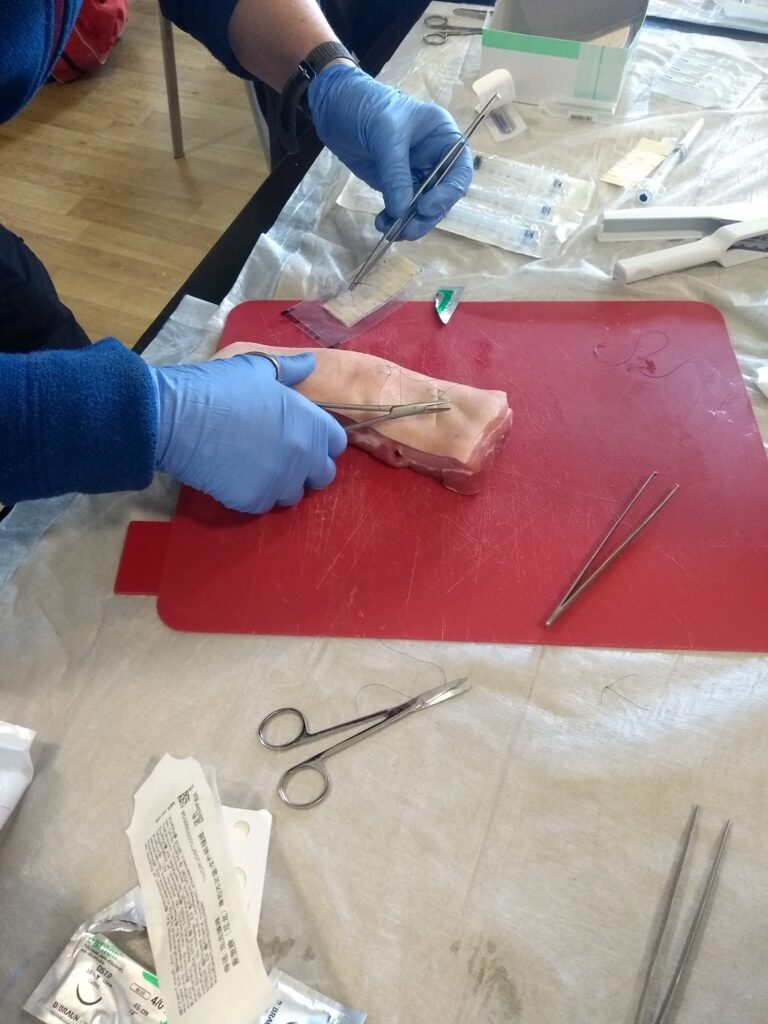
Each morning there is a written MCQ exam covering the previous days material and at the end you do an OSCE style exam for treating a patient which is an accumulation of everything that you have learned throughout the week. There are also some curve balls thrown in to put everyone under pressure that I wont spoil. However come mentally prepared for anything and roll with it. The faculty members who are military based certainly get a kick out of some of the things you will have to do.
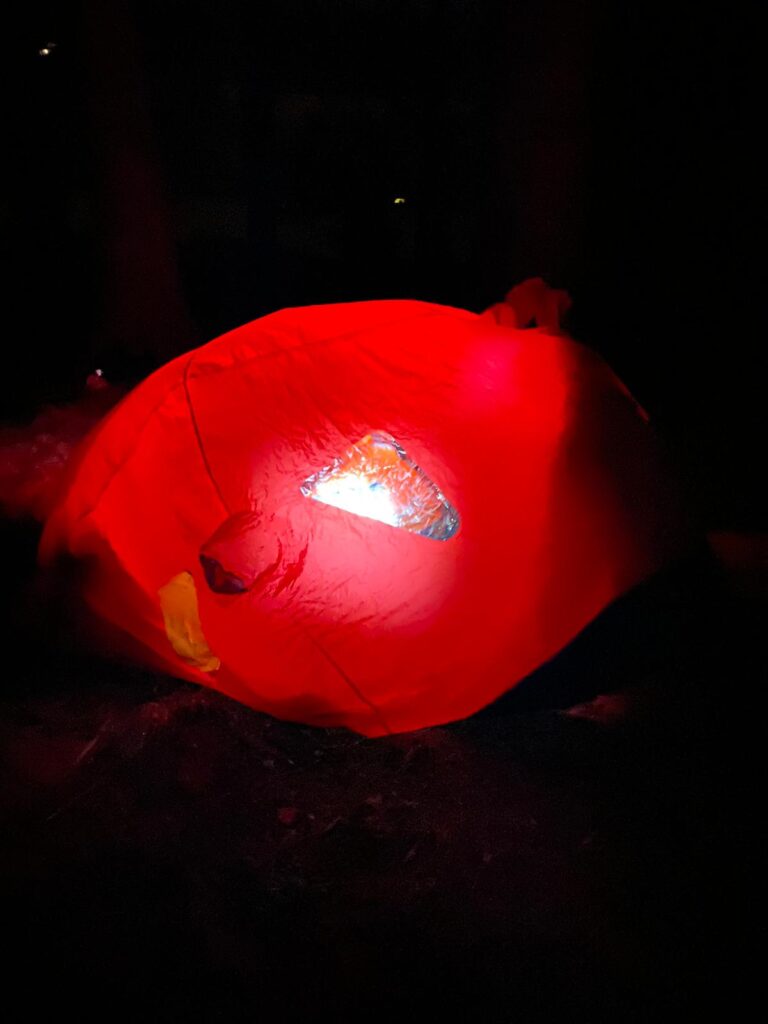
It’s true that there is no experience like the real thing but a WEMSI course tries to come as close as possible to it and I certainly think it nails it in most respects. It can be hard to simulate pressure for training but through intensive lectures and late night training you find yourself fatigued but coming together more as a group and relying on each others strengths to get through.
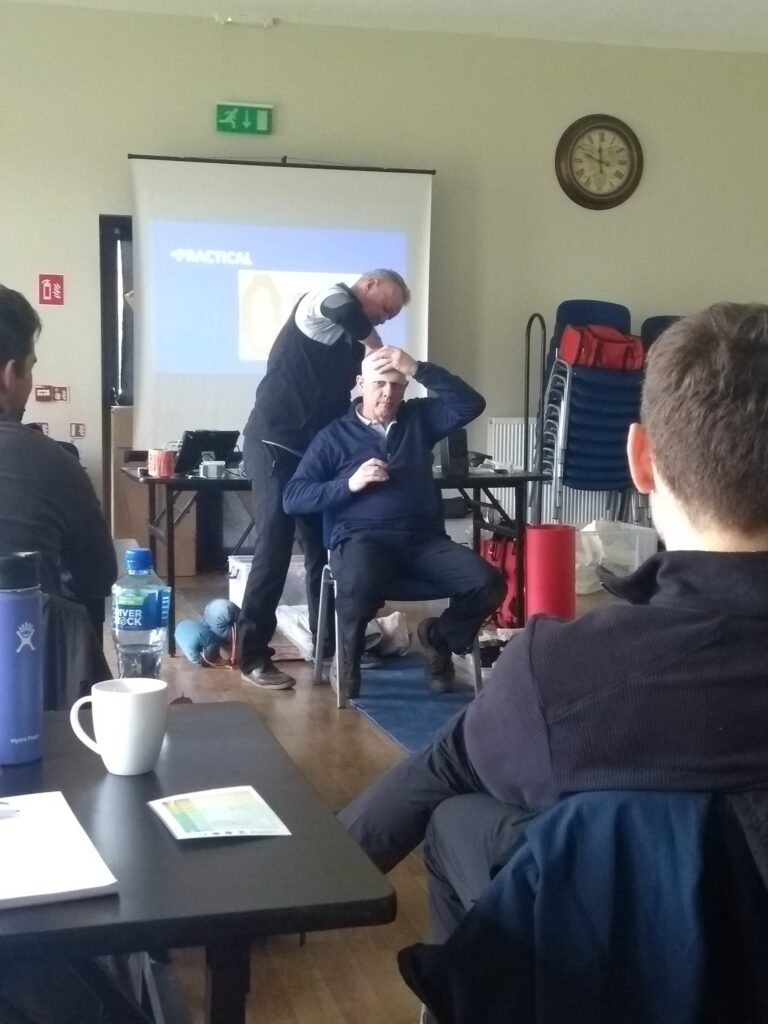
The course goes right back to fundamental patient assessments all the way to the more exotic topics such as altitude illnesses and venomous animals. You’re guaranteed to get things wrong during scenarios but that’s how you learn and that’s where you should get things wrong, so when you deal with a live incident you are less likely to make mistakes. After leaving the WEMSI I was craving more and wanted to train at that level for longer but in fairness 7 days can be a lot to digest anyway. So I look forward to my renewal course already.
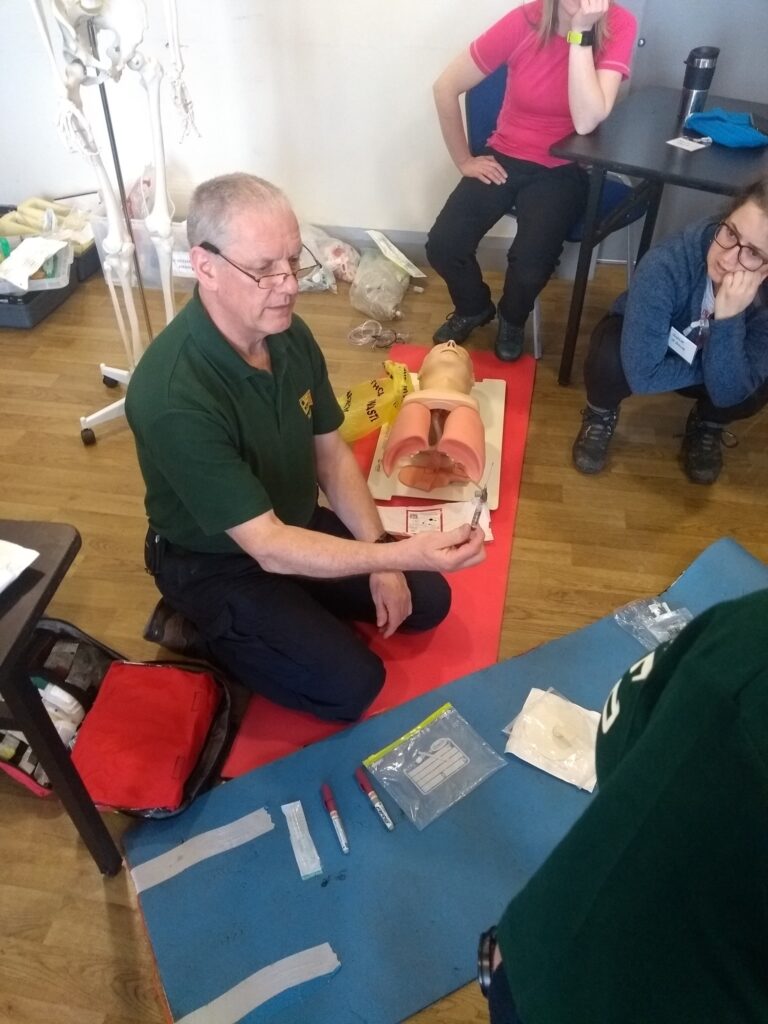
For anyone looking to train to a high level and test themselves, I couldn’t couldn’t recommend the course highly enough. In terms of bushcraft/survival, I certainly recommend everyone does at least a basic first aid course. Start off with the Remote Emergency Care (REC) system and move up the levels. You’d be surprised what you can deal with with only some duct tape and an orange plastic sheet.
